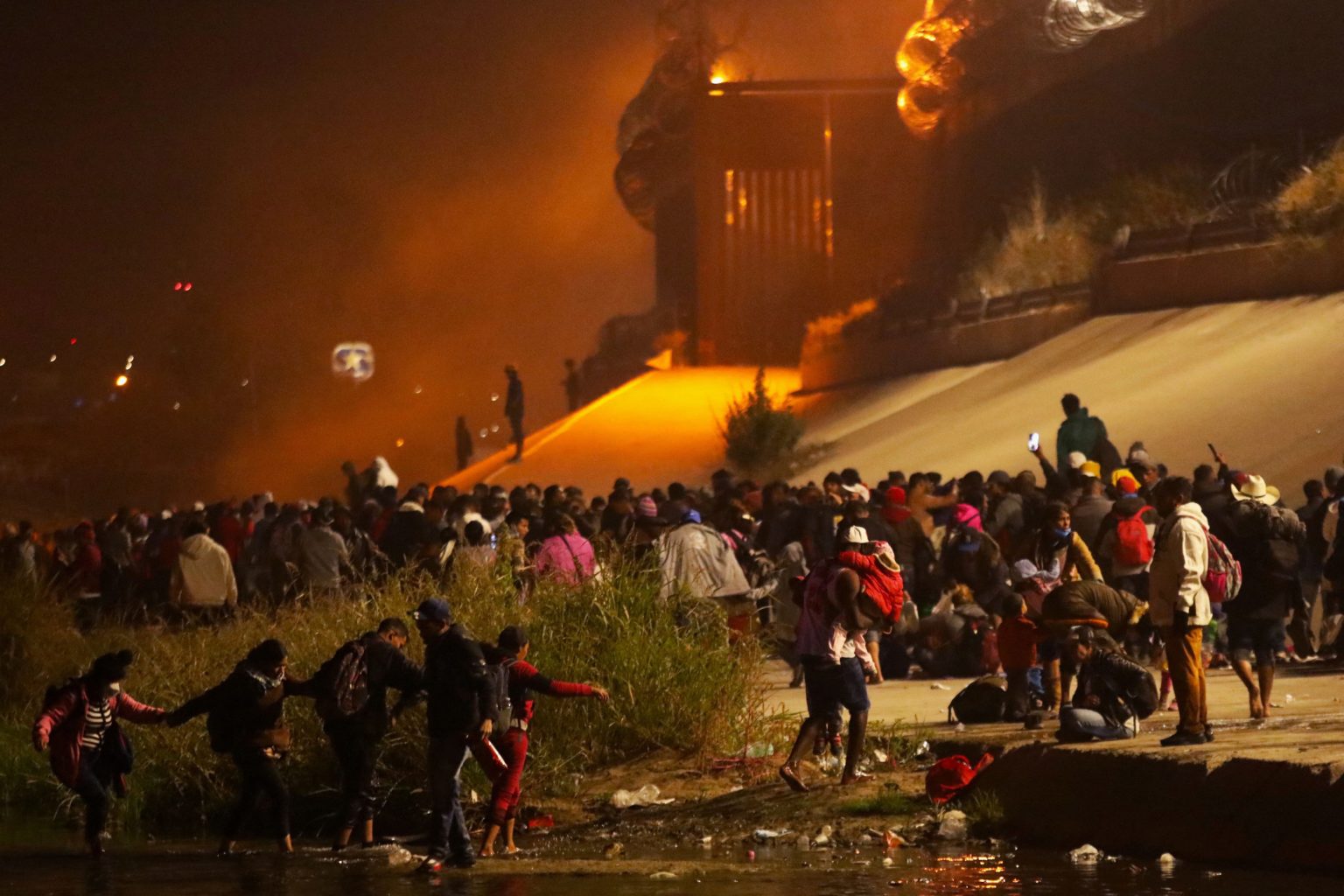The Biden-Harris administration is facing backlash for allowing protections for Venezuelan migrants to lapse at the end of the month. The parole program that allowed migrants from Venezuela to come to the United States following a vetting process and remain without fear of removal will not be extended. While not all of the approximately 117,000 Venezuelans admitted under the program will be affected, those who arrived two years ago would see their protections lapse. This decision has drawn criticism from experts who believe that legal pathways decrease illegal entry and encourage the administration to find ways to allow these individuals to remain lawfully in the country.
Originally launched in October 2022, the program was aimed at deterring Venezuelans from traveling to the U.S.-Mexico border by providing them with a legal pathway into the U.S. if they had American-based sponsors. In January 2023, the program was expanded to include migrants from Cuba, Haiti, and Nicaragua as well. By the end of August, over 530,000 migrants had entered the U.S. through the program, where they were granted legal permission to live and work for two years under the provision of immigration law called parole. While some advocates had hoped the Biden administration would extend the parole status for these migrants, it has been reported that Venezuelan parolees will need to apply for another immigration benefit or leave the country, signaling an end to their protections.
In a recent speech at a rally, former President Trump signaled his intent to terminate the program, along with other immigration programs implemented by the Biden-Harris administration. He vowed to deport certain migrants in the country legally, with his supporters cheering and chanting for the deportation of these individuals. However, experts have noted that mass deportations of individuals with parole or temporary protected status would be costly and logistically challenging. They argue that individuals with legal status should not be put into deportation proceedings unless there are separate grounds for deportability, such as criminal convictions.
GOP lawmakers, including Rep. Tony Gonzales, have criticized Trump’s plans for mass deportations, citing concerns about the lack of resources and infrastructure to carry out such a policy. Noting that the focus should be on bad actors and illegal migrants who have committed serious crimes, Gonzales specifically called for a crackdown on Venezuelan gangs, which he described as “pure evil.” One notorious Venezuelan gang, Tren de Aragua, has been highlighted in the national conversation surrounding immigration after footage surfaced of armed gang members storming an apartment complex in Aurora, Colorado. This incident has heightened concerns about the impact of such criminal organizations on local communities and the need for effective law enforcement measures to address these threats.
Overall, the decision to allow protections for Venezuelan migrants to lapse has prompted criticism from advocates, experts, and lawmakers alike. While the Biden-Harris administration initially aimed to provide legal pathways for migrants and deter them from making perilous journeys to the U.S., the decision to end these protections has raised questions about the future of immigration policies under the current administration. As debates continue over the best approach to immigration enforcement and border security, the fate of thousands of migrants who have relied on these programs for safety and stability remains uncertain.








